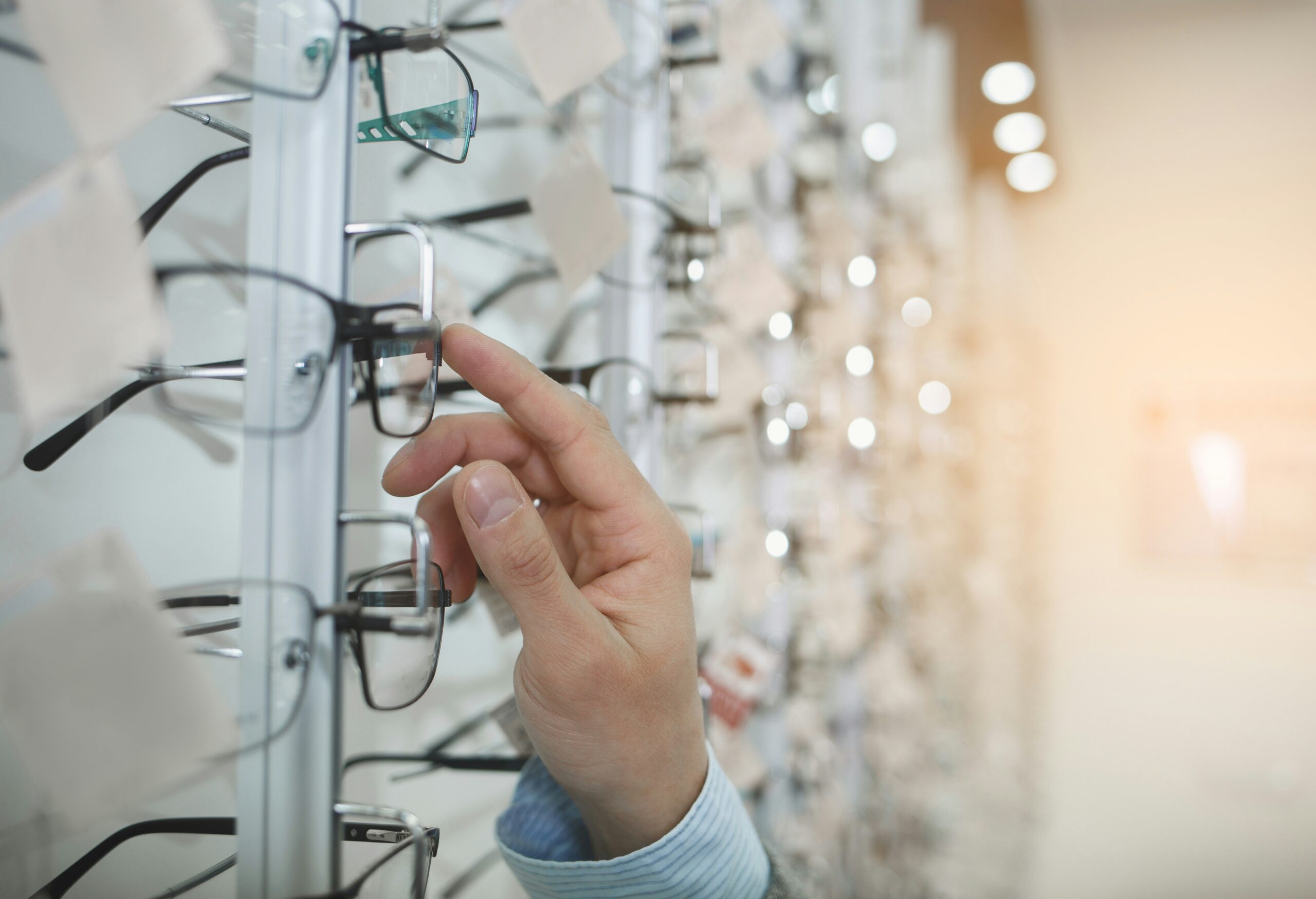
The eyewear industry has evolved far beyond simple lenses and frames. Once seen primarily as a functional necessity for correcting vision, eyewear has become a fusion of fashion, technology, and personalized eye care. The eyewear business is transforming dynamically from stylish frames to smart glasses equipped with artificial intelligence. With global demand increasing and innovation accelerating, the future of eye care promises to be both visionary and tech-driven.
Fashion Meets Functionality in Modern Eyewear
Transitioning from plain frames to design-driven models has elevated the eyewear market to new heights. Materials like titanium, carbon fiber, and bio-acetate are now preferred for their durability, comfort, and eco-friendly qualities. These innovations enhance performance and align with the growing demand for sustainability and responsible eye care practices. Meanwhile, customized frame fitting has become more accessible through digital measurement tools, ensuring better comfort and visual precision.
Even sunglasses have taken on a new role beyond UV protection. Designers are merging classic shapes with modern colors and textures to suit a broader range of tastes. With celebrity endorsements and social media influence, eyewear brands have turned stylish frames into must-have fashion accessories. Consumers are now eager to own multiple pairs to match different moods or occasions, further boosting the market’s profitability and expanding the reach of eye care awareness.
Technological Innovations Transforming Vision Care
In addition, digital eye exams have become more accessible through tele-optometry. Patients can now undergo preliminary vision tests online, reducing the need for frequent in-office visits. This trend enhances convenience and opens new business opportunities for optical retailers and practitioners. Furthermore, wearable technology can monitor eye care indicators such as intraocular pressure and retinal activity. These advancements provide early warnings for glaucoma and macular degeneration, offering preventive and personalized eye care solutions.
Transitioning from traditional lenses to smart lenses marks another significant leap forward. Companies are developing contact lenses with micro-sensors that can project digital images directly onto the retina or measure blood sugar levels for diabetic patients. Such innovations promise a future where eyewear does more than correct vision—it enhances it through seamless integration with everyday life and intelligent eye care systems.
The Rise of Sustainable and Ethical Eyewear
As environmental consciousness grows, sustainability has become a defining trend in the eyewear industry. Consumers are now more mindful of the materials and processes behind the products they purchase. In response, eyewear companies are adopting greener practices, from using recycled metals and biodegradable plastics to reducing water waste during production. This shift benefits the planet and strengthens brand loyalty among eco-conscious eye care consumers.
Ethical production is also gaining momentum. Brands focus on fair labor practices and transparent supply chains, ensuring workers receive fair wages and safe working conditions. As a result, sustainability is no longer just a marketing angle—it has become a core business strategy that drives innovation and brand differentiation within eye care manufacturing.
Moreover, many eyewear startups are promoting circular economy models. They encourage customers to return old frames for recycling or refurbishing, reducing environmental impact and extending product lifespan. Even packaging is being reimagined with biodegradable materials and minimalistic designs to minimize waste while promoting responsible eye care values.
Personalization and the Digital Retail Experience
Digital technology has redefined how consumers shop for eyewear. With virtual try-ons, 3D modeling, and augmented reality apps, customers can test how frames look on their faces without ever stepping into a store. This seamless blend of technology and personalization has made eye care shopping more engaging, accurate, and enjoyable.
Brands also invest in artificial intelligence to recommend frames that best suit a customer’s facial features, skin tone, and style. These innovative systems learn from user preferences, making each shopping experience unique. The result is an efficient and personalized process that enhances customer satisfaction and retention across the eye care industry.
E-commerce has become the dominant channel for eyewear sales, especially after the global pandemic accelerated digital adoption. Consumers appreciate the ability to browse collections, compare prices, and receive home delivery while accessing online consultations from licensed optometrists. However, this digital convenience doesn’t eliminate the need for physical stores. Instead, many brands are adopting an omnichannel approach that combines online convenience with in-person eye care service.
Brick-and-mortar locations are evolving into experience centers rather than mere points of sale. Customers can receive eye exams, explore exclusive collections, and get expert fitting advice, while the online platform handles logistics and post-purchase support. This hybrid model ensures accessibility, trust, and convenience—all key elements in the modern eye care business.
The Future of Eye Care and the Business Ahead
Looking ahead, the eyewear industry’s future is promising and disruptive. Artificial intelligence, biotechnology, and digital diagnostics will continue to shape how eye care is delivered and experienced. Integrating AI-powered eye exams will make vision testing faster and more accurate. Similarly, predictive analytics can help detect diseases before symptoms appear, giving patients an advantage in preserving their vision through proactive eye care measures.
Moreover, personalized medicine is expected to play a central role in future eye care. Genetic testing may allow optometrists to predict susceptibility to certain eye conditions and recommend preventive measures tailored to each patient. With wearable technology and data-driven insights, this approach will make eye care more proactive than reactive.
The eyewear industry stands at the intersection of technology, fashion, and eye care. As digital innovations merge with ethical practices and consumer-driven design, the future of eye care will be more connected, sustainable, and personalized than ever before. The eyewear business is not just evolving; it’s redefining what it means to see clearly in a rapidly changing world.